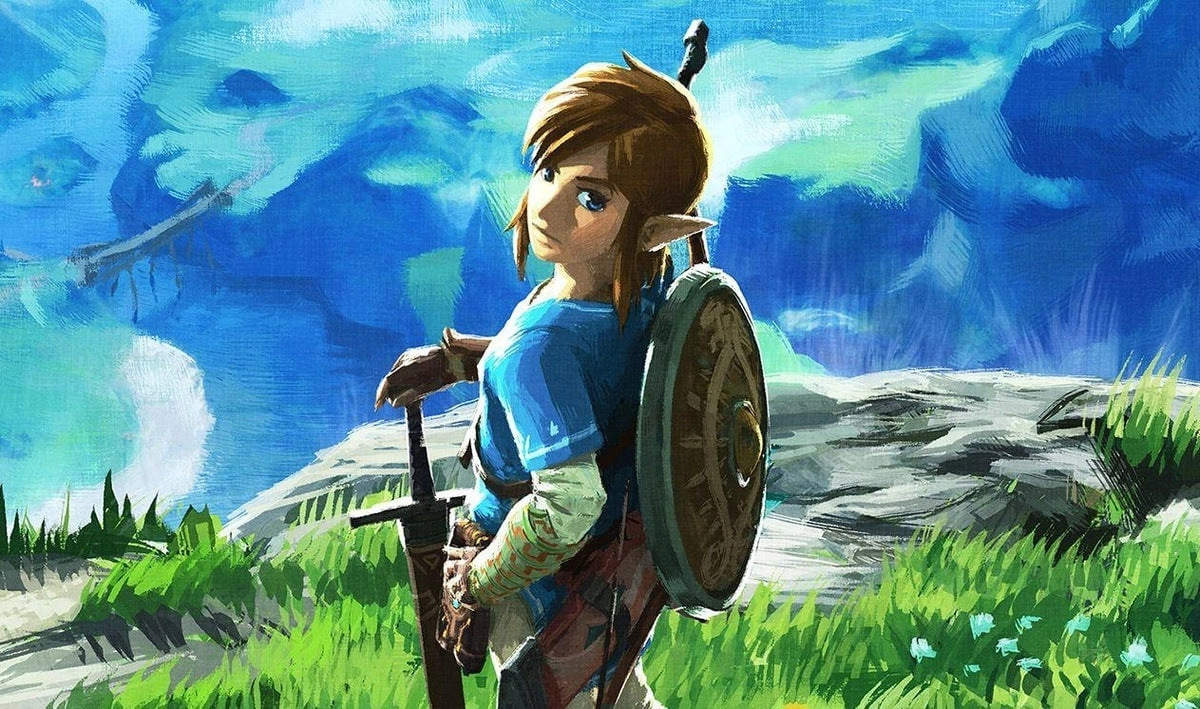
In the rapidly evolving world of video games, the complexity and scale of new titles continue to grow, leading to increasingly prolonged development cycles. This trend has been recognized by Nintendo, one of the industry's leading companies, whose President Shuntaro Furukawa addressed the issue in a recent shareholder Q&A session. According to Furukawa, the intricacy of modern game development makes longer cycles unavoidable, prompting Nintendo to continually expand its development resources and make necessary investments.
During the discussion, Furukawa emphasized how today’s game development is characterized by heightened complexity and advanced technological demands. This escalation is not just a challenge but a reality of the modern gaming landscape, necessitating an expansion in both workforce and technological capabilities. Nintendo's Senior Managing Executive Officer and Corporate Director, Shinya Takahashi, added that while it is inevitable for software development cycles to grow as hardware capabilities advance, Nintendo is actively working to counteract these delays. By improving their development environment, they aim to streamline processes and reduce overall timeframes, albeit within the challenging context they outlined.
Takahashi's comments were particularly poignant when discussing the development of new games such as Super Mario Bros. Wonder, the first new 2D Mario game released after an 11-year hiatus. He clarified that the gap between this and the previous titles was not due to continuous development but rather various other initiatives and studies that Nintendo prioritized. This gap underscores the broader strategy of balancing resource allocation across multiple projects, which is a juggling act that many in the industry are familiar with.
Notably, Nintendo has faced some exceptionally long development cycles with recent projects, including The Legend of Zelda: Tears of the Kingdom and Metroid Prime 4: Beyond. The latter even experienced a restart, a decision that indicates the high standards and adaptive strategies Nintendo employs to ensure product quality and innovation. Such restarts, while costly and time-consuming, reflect the company’s commitment to delivering exceptional gaming experiences, even if it means significant delays.
Amidst these operational challenges, Nintendo remains proactive in handling external factors such as preventing information leaks and addressing the creative constraints imposed by rapidly advancing technology. Another area Nintendo seems cautious about diving into rapidly is the use of generative artificial intelligence in game development, preferring to rely on more traditional and controlled creative processes to maintain its brand integrity and product quality.
Despite these challenges, Nintendo’s leadership appears optimistic. Their ongoing efforts to refine development practices and manage resources effectively seem to be paying off, as they continue to release highly anticipated and critically acclaimed titles. This balance between innovation, quality, and development efficiency is what keeps Nintendo at the forefront of the gaming industry.
Furthermore, the company seems keenly aware of the importance of its legacy and the expectations of its fans. By carefully planning out their game releases and ensuring that each title receives the attention it deserves, they not only maintain interest and excitement around their products but also uphold a standard of quality that consumers have come to expect from Nintendo.
As the gaming industry continues to evolve, with increasing demands on graphics, gameplay mechanics, and interactive experiences, companies like Nintendo are tasked with finding the most effective ways to adapt to these changes without compromising on the creative vision and quality that players expect. The insights provided by Furukawa and Takahashi give a glimpse into how Nintendo navigates these industry-wide challenges, striking a balance between innovation and tradition, which continues to define its unique position in the market.
Nintendo's approach—strategic expansion, optimizing development processes, and judicious management of project timelines—reflects a broader trend in the industry where major players must adapt to the complexities of game development in the digital age. As they continue to refine their strategies and invest in new technologies, they set the stage for future successes while maintaining the charm and engagement that fans enjoy. Through this balance, Nintendo aims to continue leading the industry forward, crafting memorable and beloved gaming experiences for years to come.
You must be logged in to post a comment!